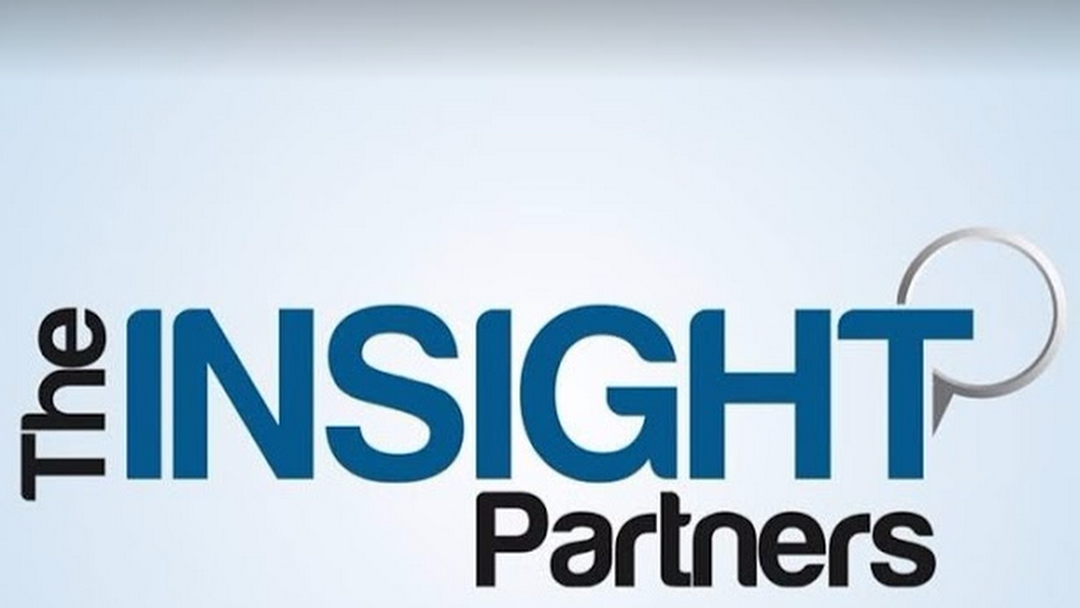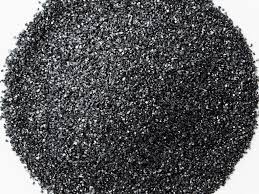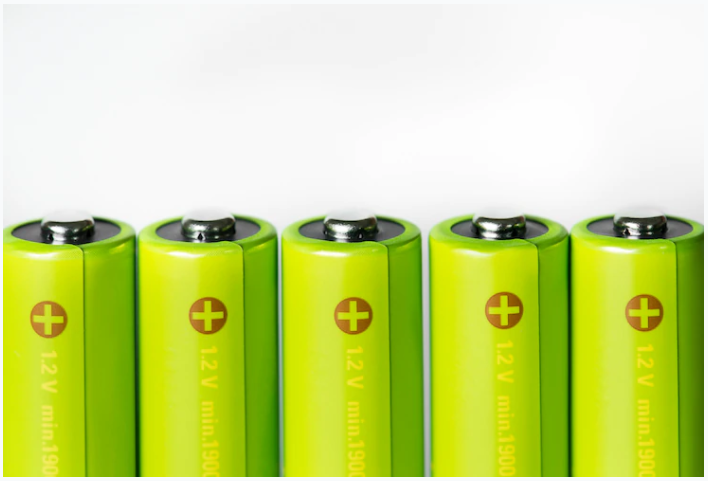Air barrier is a system of building assemblies designed, installed, and integrated within the building enclosure in such a manner to stop the uncontrolled flow of air into and out of the building. The air barrier has become an integral component of a building, allowing architects and builders to meet energy efficiency goals and building codes requirements. The fluid applied air barrier coatings are highly preferred by contractors in developing buildings to meet the demand of resilient air barrier solutions and to achieve new building designs. The broad range dispersion polymers and additives is widely used for both permeable and impermeable air barrier coating formulations.
The air barrier market size is expected to reach at US$ 20,752.35 million by 2028; registering at a CAGR of 4.5% from 2022 to 2028, according to a new research study conducted by The Insight Partners.
The popularity of fluid-applied air barriers is rapidly increasing, owing to their various advantages such as versatility, ease of application, and effectiveness even on irregular substrates. Fluid-applied air barriers are easier and faster to apply in comparison with sheet air barriers. These fuel-applied air barriers are used as self-adhered membranes, saving labor costs and time. Moreover, a fluid-applied membrane air barrier requires fewer applicators, which helps reduce labor costs. Fluid-applied air barriers eliminate the issues of tearing, holes, and mislapped joints and provide stable rigidity under air pressure loads. With a fluid-applied air barrier, there are no concerns about UV-ray degradation for up to six months, which is a concern with sheet-applied air barriers when stored outside. Further, in 2019, BASF SE conducted a survey in the US where they interviewed and surveyed contractors, installers, laborers, and architects. They found that fluid-applied air barriers were very popular for their ease of use compared to sheet membranes, and ~62% of applicators use fluid-applied air barrier coatings. Hence, the increasing use of fluid-applied air barriers is expected to boost the air barrier market growth across the globe.
A few players operating in the air barrier market are BASF SE, Dow Inc, 3M, W. R. Meadows Inc, GCP Applied Technologies Inc, CertainTeed LLC, Tamarack Materials Inc, VaproShield LLC, TK Products Construction Coating, Henry Co, among few others.
The COVID-19 pandemic negatively impacted the construction industry across the globe. Various companies announced possible delays in product deliveries and a slump in the future sales of their products in 2020. The pandemic caused inflation in the prices of materials required in the construction industry due to supply chain disruptions, increased labor costs, and high demand. This has negatively impacted the air barrier market growth. According to the Office of the New York State Comptroller, New York City’s construction employment declined by 14.4% (23,300 jobs) in 2020. In 2020, construction spending in New York City fell from a record high in 2019 to US$ 55.5 billion, an 8.5% decline. Reduced construction activities in residential, commercial, and industrial sectors have negatively impacted the demand for air barriers.



